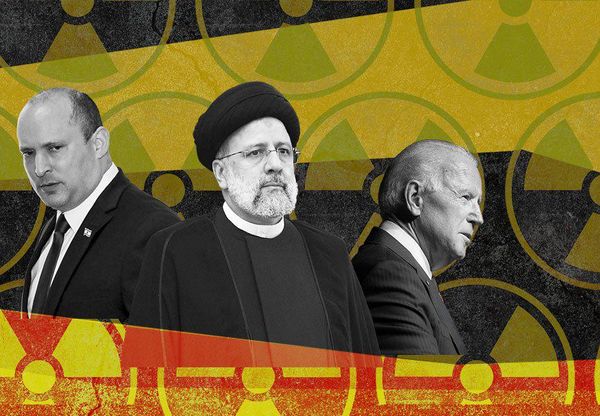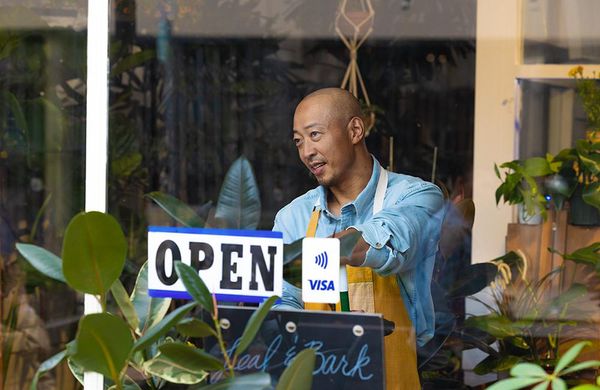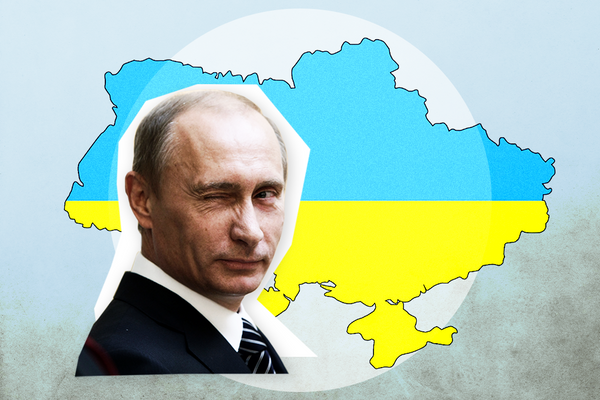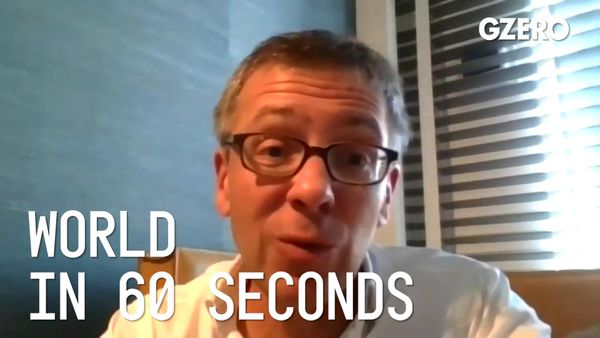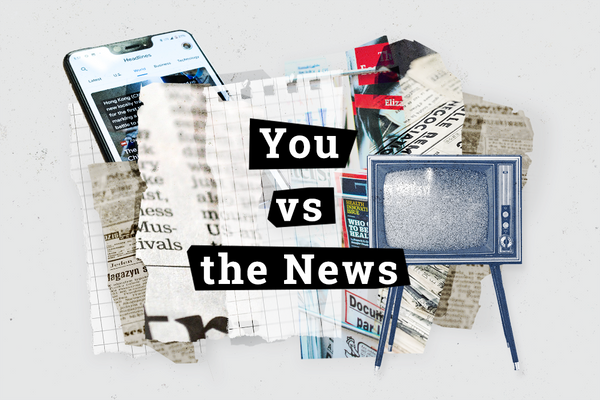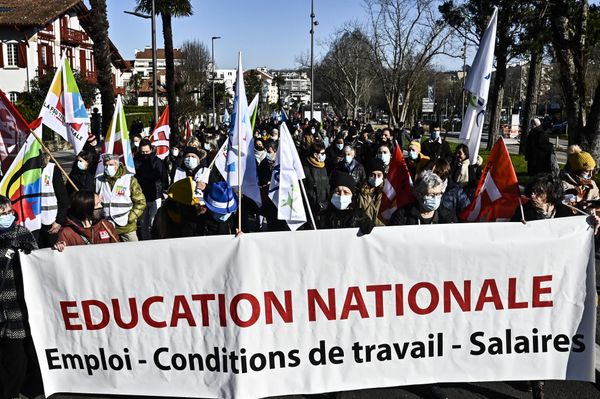Talks between Iran’s government and world powers over the future of Iran’s nuclear program continue. The US and Iran are still not communicating directly; Britain, China, France, Germany, and Russia are shuttling between them.
The good news is that they’re all still talking. The bad news is that, after eight rounds of negotiations, the main players haven’t agreed on anything that would constitute a breakthrough.
Even the good news isn’t that great. No, Iranian officials haven’t yet exited the room in anger, but they have good reason to just keep talking, according to Eurasia Group’s Henry Rome — even if they have no intention of working toward a deal. Negotiations, Rome warns, “provide political cover to advance the nuclear program.”
They make it harder for the US and Europe to dial up new pressure on Iran or for Israel to target its nuclear facilities and scientists. They give Russia and China a reason to defend Iran’s position.
They also protect (what’s left of) Iran’s economic stability by ensuring sanctions don’t immediately get tighter. And perhaps, Tehran may reason, the Americans might improve their offer.
Iran’s (mis?) calculation
But Iran’s government, now led by Ebrahim Raisi, a president more openly hostile than his predecessor toward the West, may feel it has little more to lose by continuing to say no.
After all, Iran’s “resistance economy” have survived tough sanctions before, and the government believes that new protests inside Iran against economic hardship can be contained — or, if necessary, crushed.
And what if Donald Trump becomes US president again in three years? Won’t he just tear up whatever Iran has signed, just as he withdrew the US from the last nuclear agreement?
Maybe. But revival of the nuclear pact, according to Rome, “is the best option for Iran’s economic stability.”
A new deal could free up $100 billion in frozen foreign reserves. It would allow Iran to sell much more oil at market prices. It would draw new trade and investment into the country.
That's a plus for Iran’s cash-poor government and for its long-suffering people. Without an agreement, Iran faces the indefinite extension of US sanctions, which might one day trigger public unrest that Iran’s security forces can’t contain.
Escalating tensions
The Biden administration — focused for now on COVID, domestic political headaches, inflation, China, and Vladimir Putin — is well aware that Iran’s willingness to talk may not offer hope for a breakthrough. US and European officials have said publicly that a deal must come within “weeks, not months.” That deadline could be extended, but only if genuine progress offers credible hope for an agreement.
In short, if there’s no deal by late spring, it will be time for all sides to brace for trouble. A breakdown of talks will persuade the Biden administration to squeeze Iran’s economy still harder. Iran could accumulate enough highly enriched uranium for several bombs, set more advanced centrifuges spinning, and advance closer to a nuclear weapon than ever before.
If so, warns Rome, Israel may be ready to come back off the sidelines “with cyberattacks and sabotage inside of Iran against military, economic, and nuclear sites, aimed at degrading Iranian capabilities and destabilizing the government.” Israel might also conduct military exercises that put the Middle East — and global oil markets — on edge.
The risk of military conflict, deliberate or accidental, can’t be ignored. In fact, Eurasia Group sets the likelihood of direct Israeli and/or US airstrikes on Iranian nuclear facilities in 2022 at 20 percent. Given the stakes, that’s a frighteningly high number.
In short, there’s a reason this story features in Eurasia Group’s report on
Global Top Risks for 2022.


